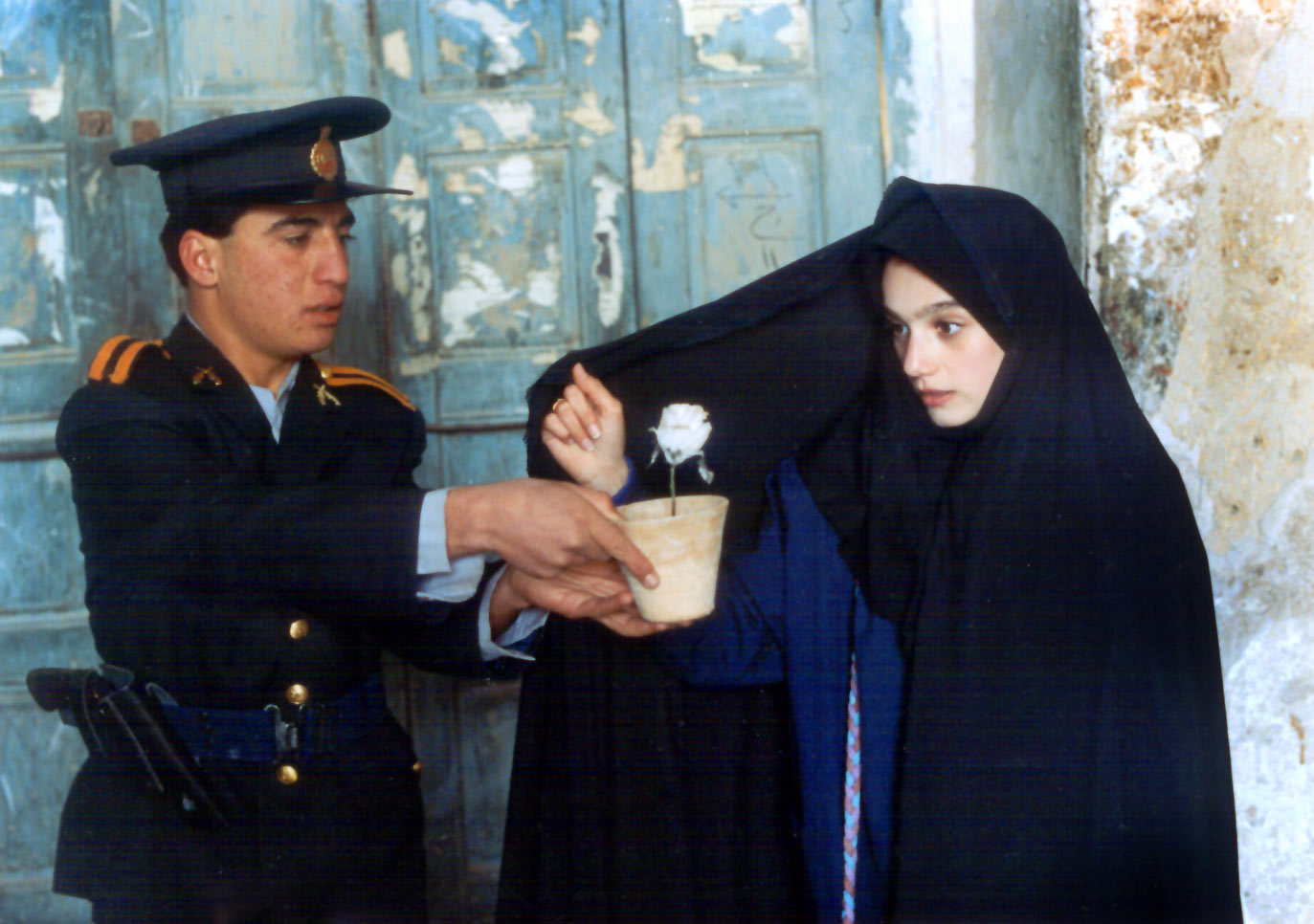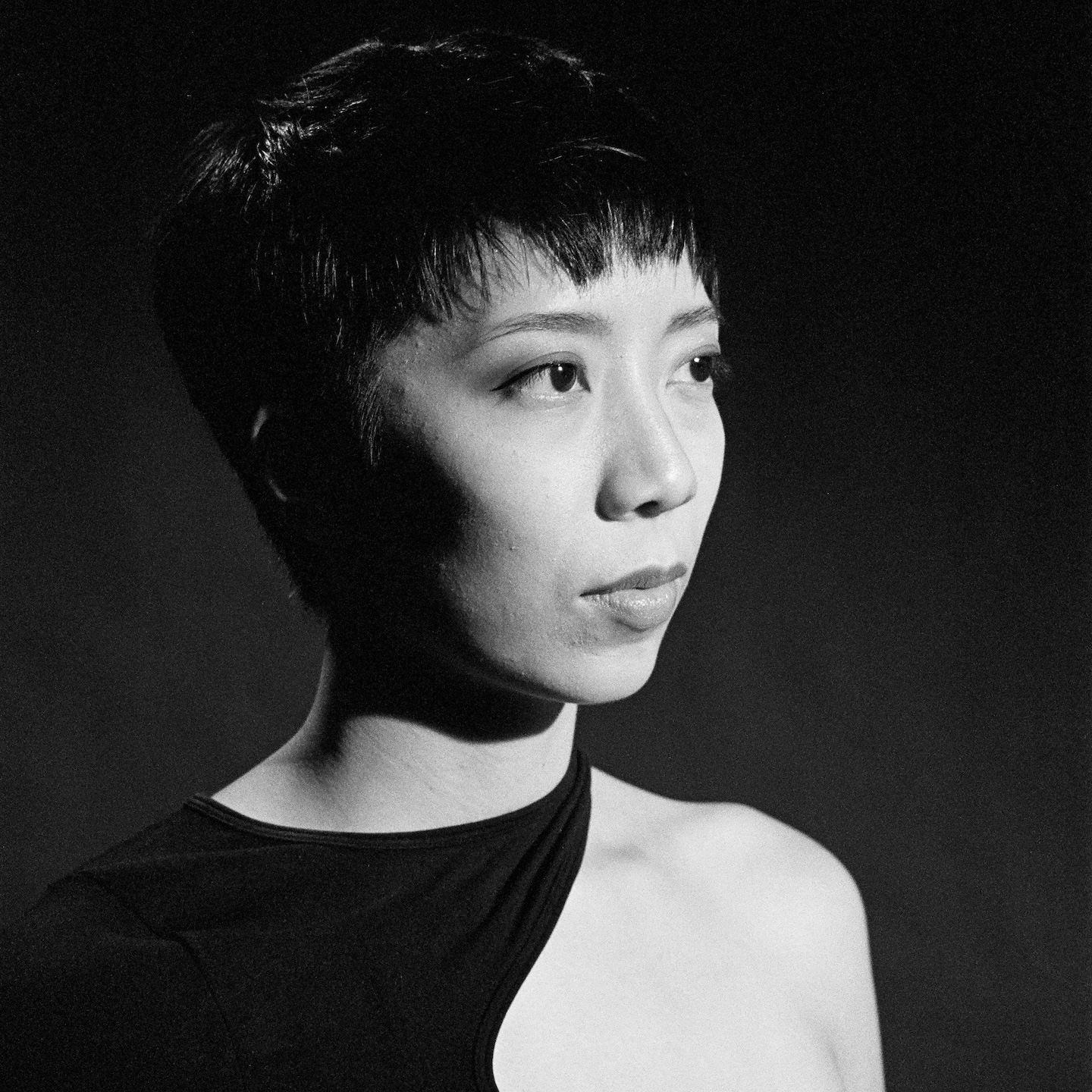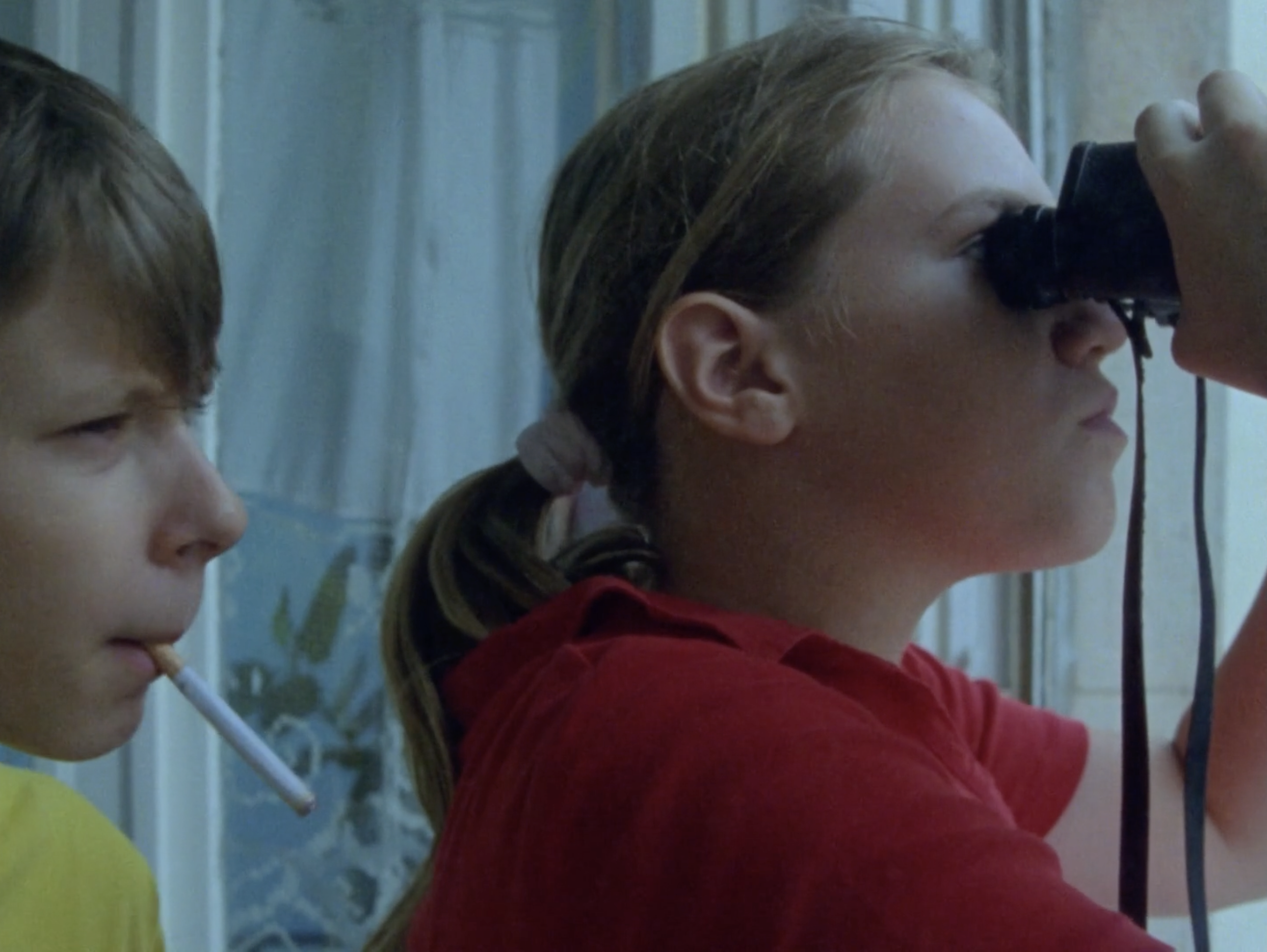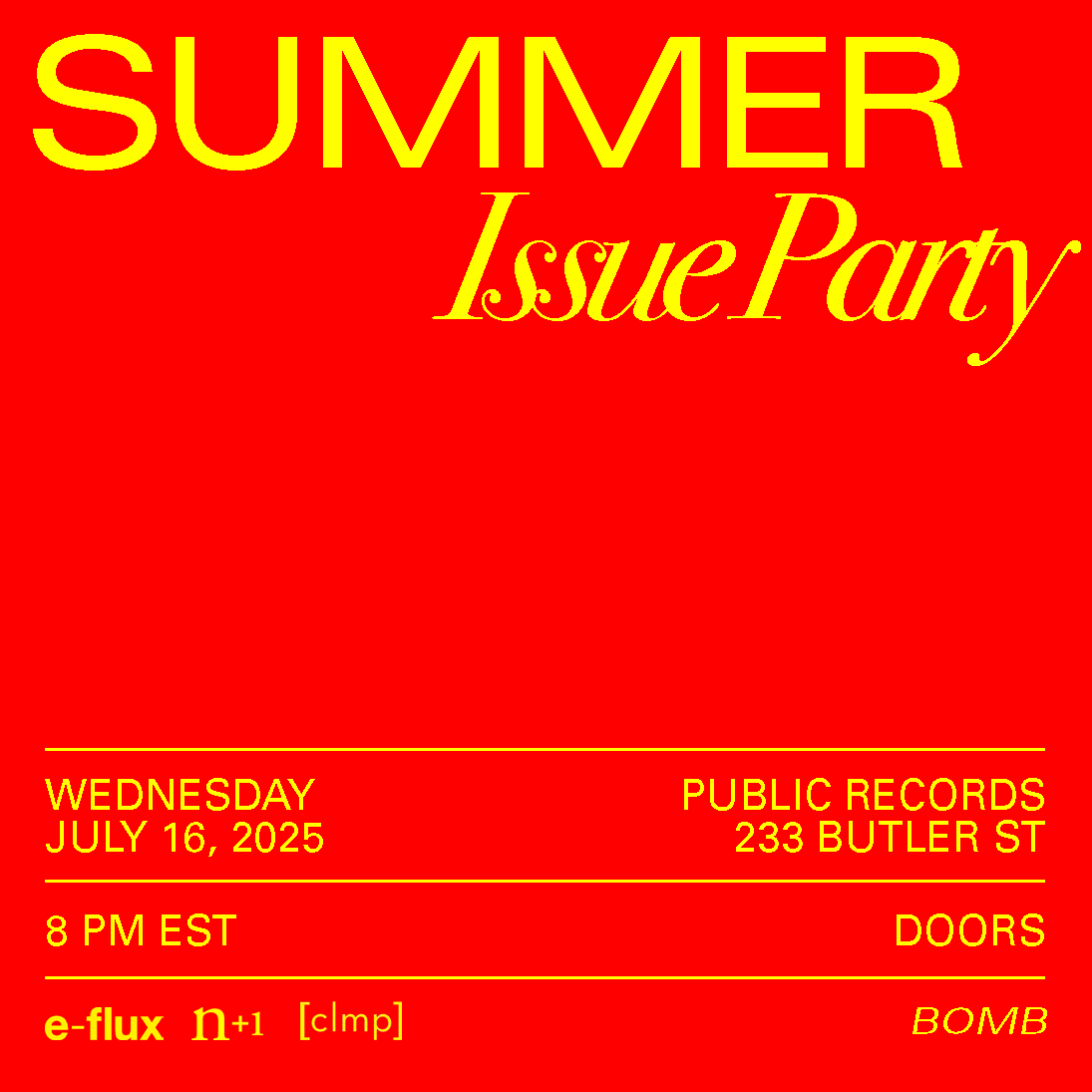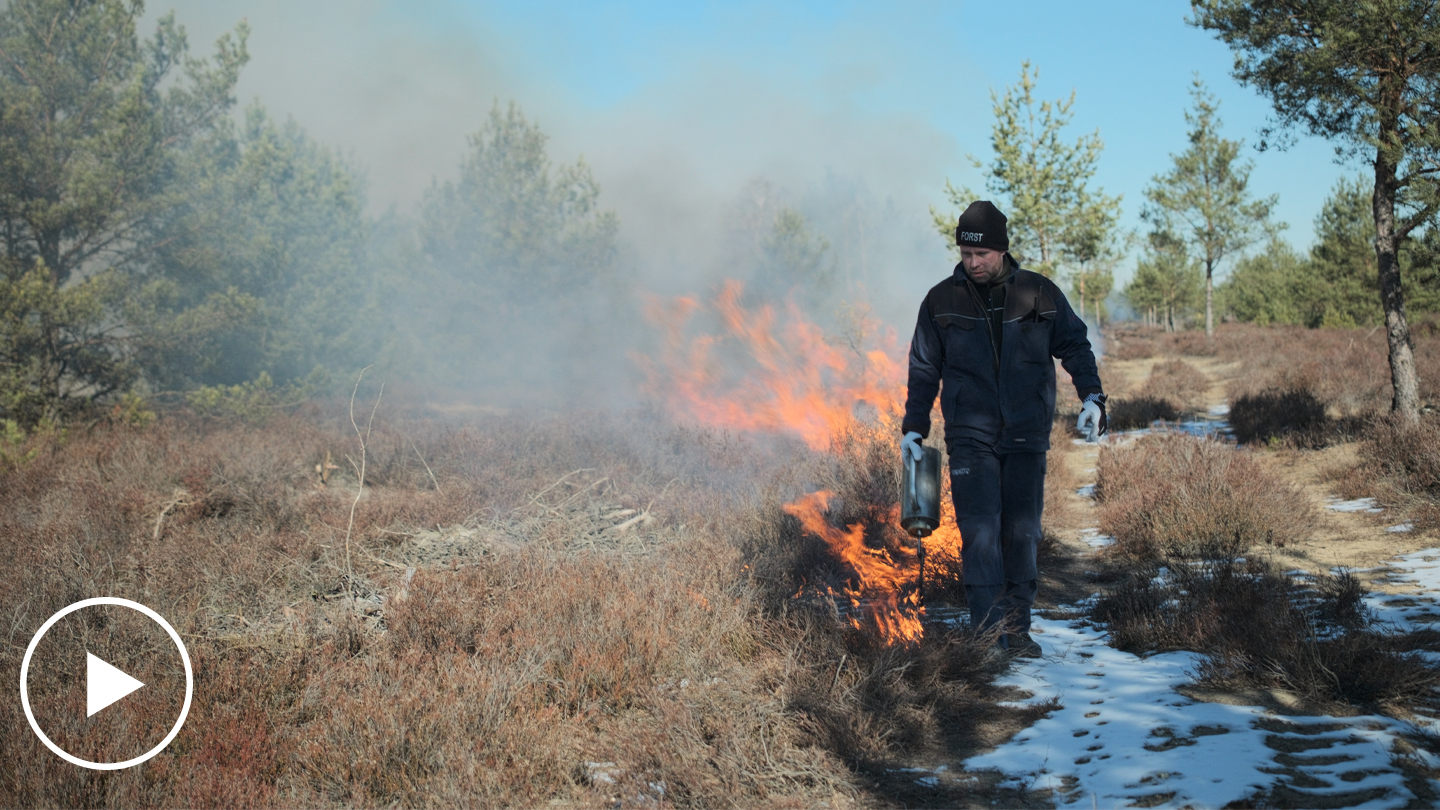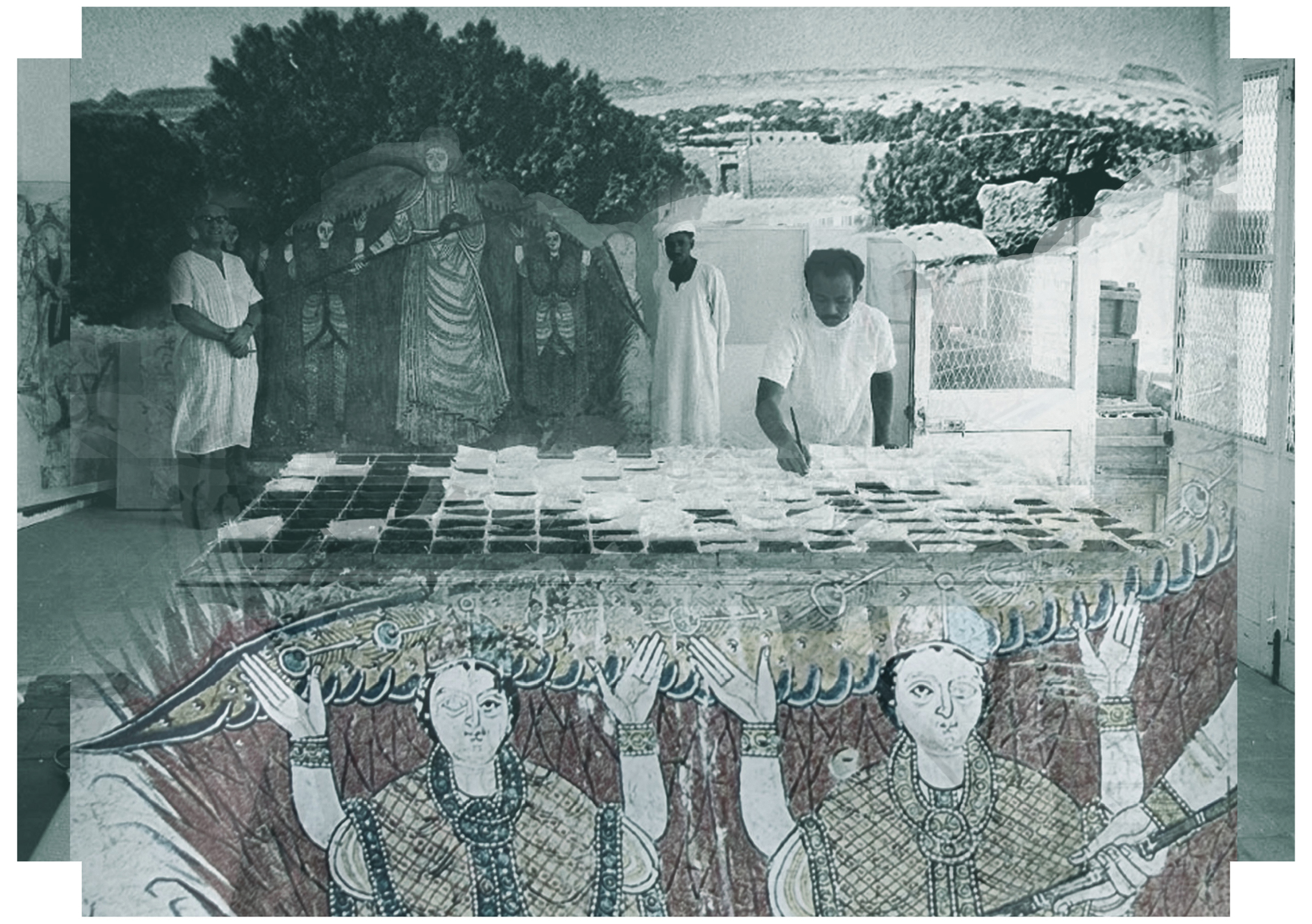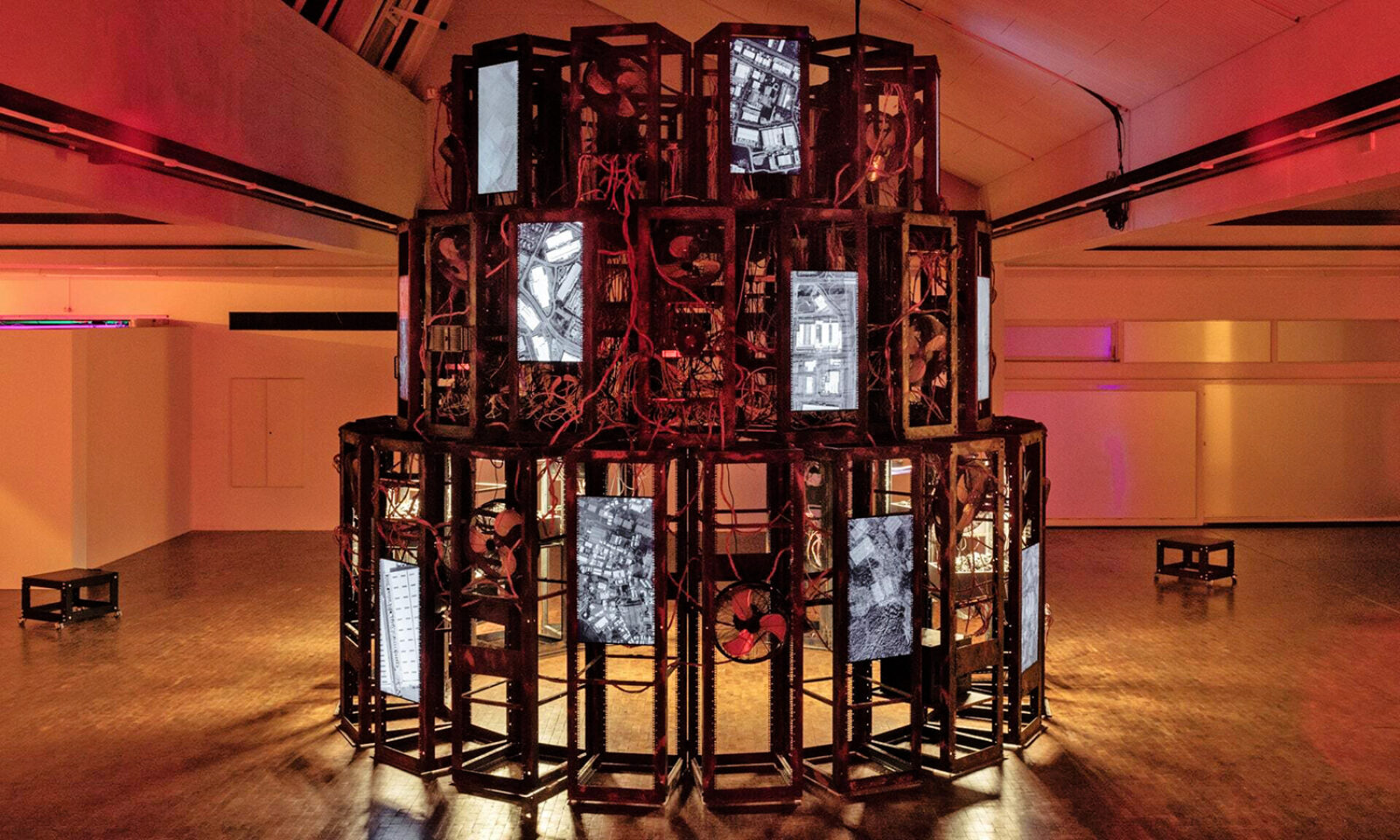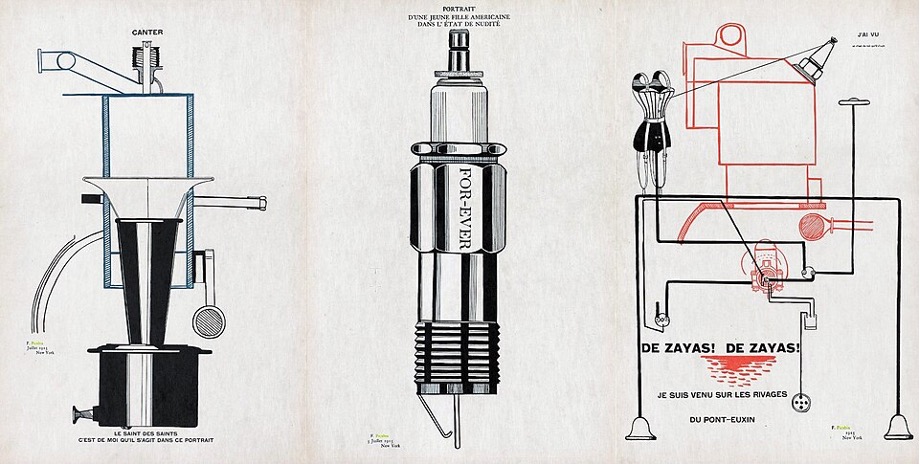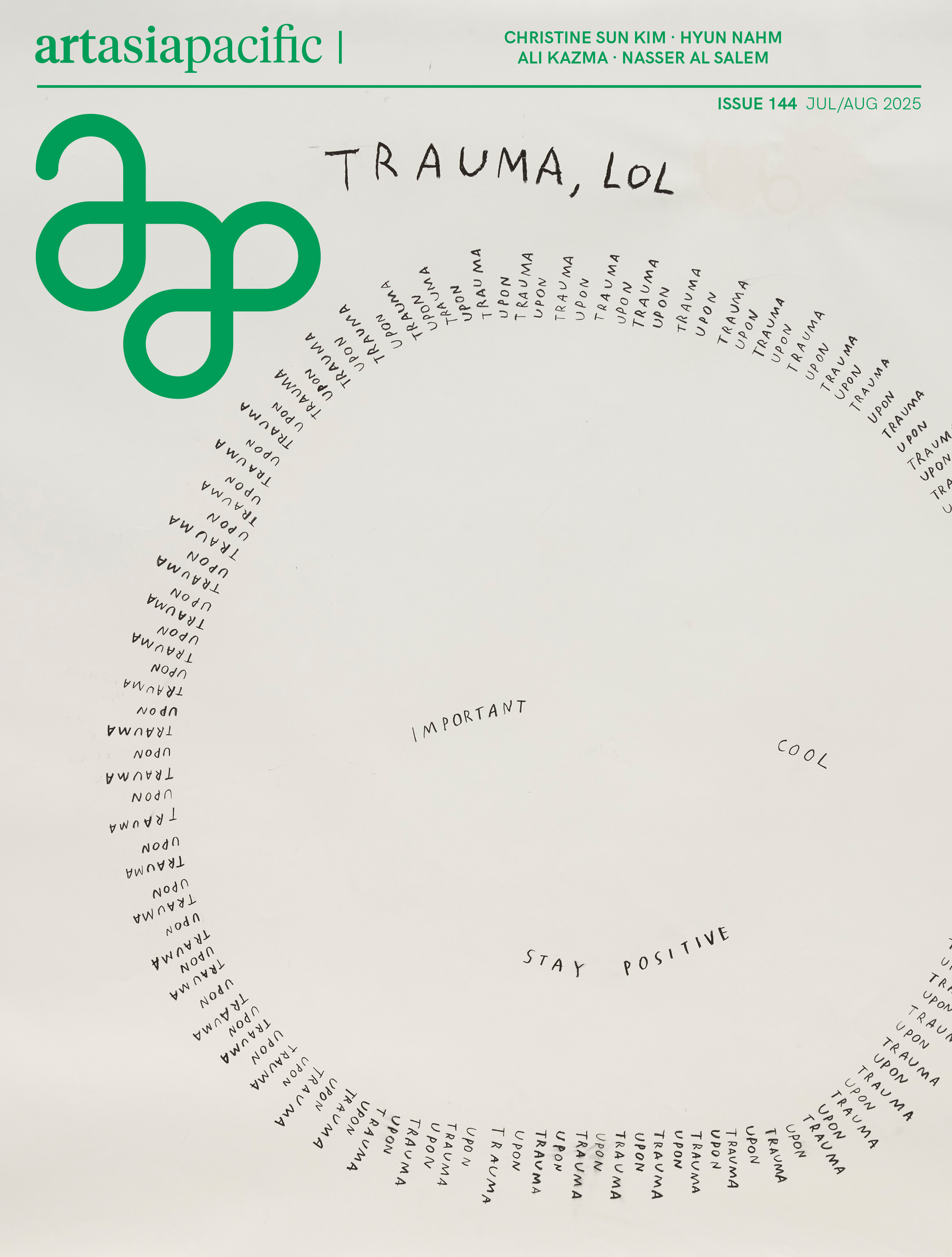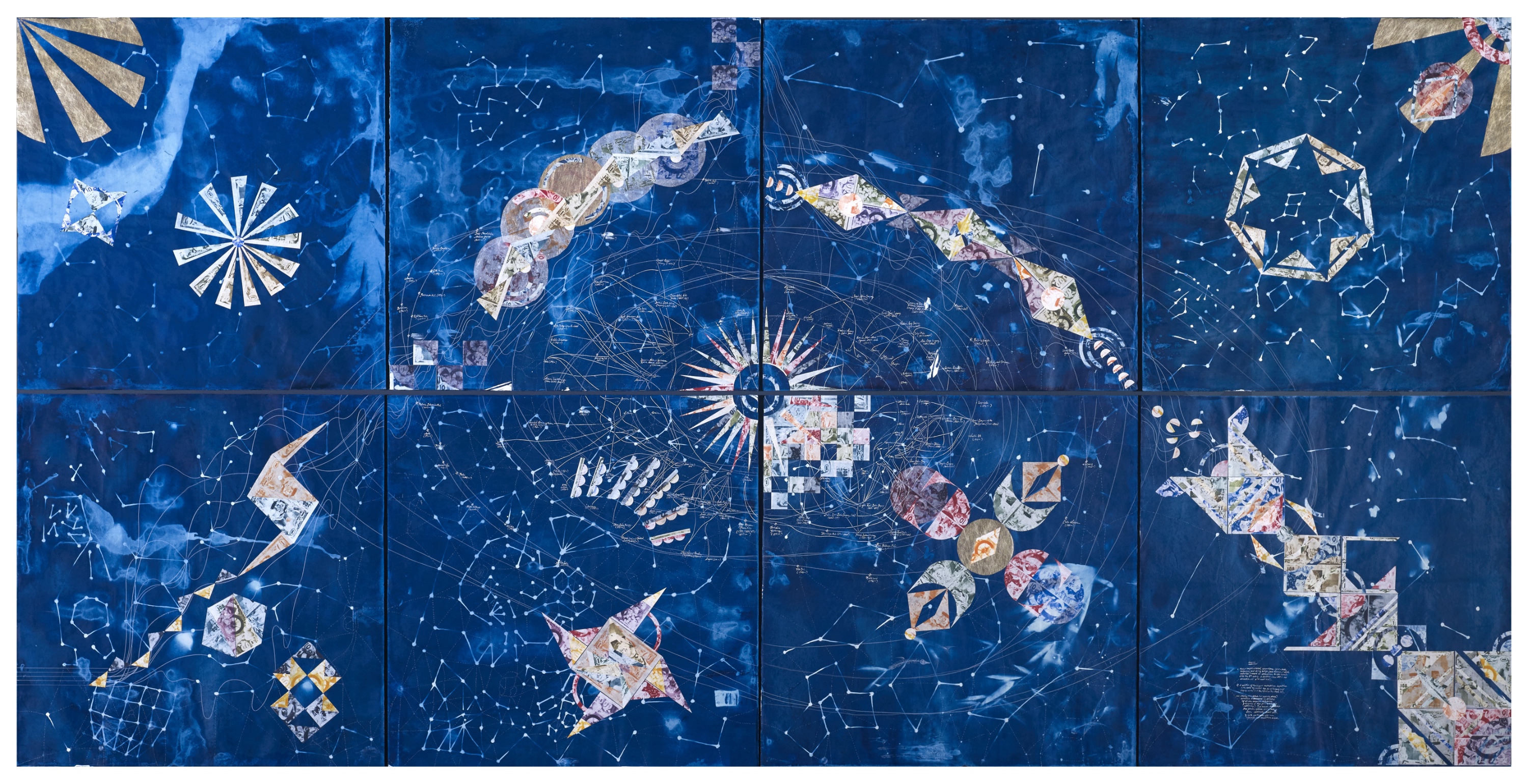Igor Zabel Award 2022 Conference
So Close: Ecologies of Life and Death
Livestream on this page
November 17, 2022, 9am
Trg Prekomorskih brigad 1
Ljubljana 1000
Slovenia
Join the Igor Zabel Award for Culture and Theory accompanying international conference So Close: Ecologies of Life and Death live streamed on e-flux Live and the Igor Zabel Association YouTube channel.
Thursday, November 17, 2022, 3–7:15pm CET, Ljubljana and online
Speakers: Maja and Reuben Fowkes, Thom van Dooren, Šejla Kamerić, Marietta Radomska, Boštjan Videmšek, and Mick Wilson
Moderators: Nataša Briški, Urška Jurman, and Rok Kranjc
The international conference approaches the future of life on our planet from the perspective of life’s end by drawing attention to reconsiderations of loss, decline, mourning, and death. In this way, it seeks to transcend the binary of, on the one hand, dystopian pessimism about the future and, on the other, utopian optimism in the all-powerful human capacity to overcome the end. How can we—including through art—develop the sensibilities, modes of perception, cultural practices and knowledge production we need for being and becoming with others in life and death? How can we consider the full implications of decline, make our farewells and preserve the memory of lost human and non-human lives, environments, and habitats in order to affirm the (plural) politics of the present and future of the relational web of life?
Programme (CET):
3pm / Introduction
Panel 1
Panel 1 explores crisis imaginaries and engagements with more-than-human death, dying, and extinction as well as possibilities of navigating the challenges we face and the vital importance of holding onto hope in a time of escalating loss and grief.
3:15pm / Maja and Reuben Fowkes / Surviving Extinction: Regenerative Ecologies of the Socialist Anthropocene
In this talk authors examine how the forms of extractivism and colonialism, developed under the system of 20th century socialisms, differed from those of the capitalist Anthropocene. Further on they present examples of how artist explore ways of reversing the terminal decline of died-out cultures and dried-out ecosystems through the regeneration of socially-just ecological relations.
3:35pm / Marietta Radomska / Ecologies of Death, Ecologies of Mourning: Biophilosophical Assemblages of (Non)Living Arts
Grounded in the theoretical framework of Queer Death Studies and particularly in the concept of the “deterritorialization of death” (Radomska 2020), this talk explores contemporary crisis imaginaries and engagements with more-than-human death, dying, and extinction as they are woven through the tissue of contemporary bio-, eco- and new-media art.
3:55pm / Thom van Dooren / Living in Unravelling Worlds: Snail Stories in a Time of Extinctions
We are living in a period during which species of plants and animals are disappearing at a staggering rate. This talk focuses on the plight of Hawaii’s incredible land snails as a way of exploring ongoing processes of ecological and cultural loss, and the role of storytelling in understanding and responding to this situation.
4:15pm / Discussion
5pm / Break
Panel 2
In Panel 2, we discuss how to consider the full implications of decline, make our farewells and preserve the memory of lost human and non-human lives in order to affirm the politics of the present and future of the relational web of life.
5:30pm / Mick Wilson / Political Community with the Dead
Can there be political imaginaries of birthlifedeath beyond the bio-, thanato-, necro-political horizon, beyond death as the possession of the colonial-modern subject and its ownmost (das Wesen) possibility? Perhaps there exists other paths of birthlifedeath in political community with the dead. But how do we instantiate political community with the dead?
5:50pm / Šejla Kamerić / Ab uno disce omnes – From One Learn All
Artist Šejla Kamerić presents her long-term project Ab uno disce omnes, which seeks to reconcile the cultural, political, and historical void between the proliferation of statistical information and the enduring human consequences of war by attesting to the countless missing persons from the war in Bosnia and Hercegovina and the painstaking forensic process of recovering and identifying massacre victims.
6:10pm / Boštjan Videmšek / I Have Seen Too Much
Boštjan Videmšek is an experienced war correspondent who has covered all major conflicts during the last 25 years. In this talk he discusses climate change as one of the crucial driving forces behind “modern wars”.
6:30pm / Discussion
The conference is organized by the Igor Zabel Association for Culture and Theory, Ljubljana, with the support by ERSTE Foundation, Vienna. It will be held in English.
Conference Advisory Committee:
Urška Jurman, programme manager, Igor Zabel Association for Culture and Theory
Zdenka Badovinac, director, Museum of Contemporary Art, Zagreb
Rok Kranjc, researcher, Futurescraft & Institute for Ecology, Ljubljana
Alenka Gregorič, artistic director, Cukrarna Gallery, Ljubljana

